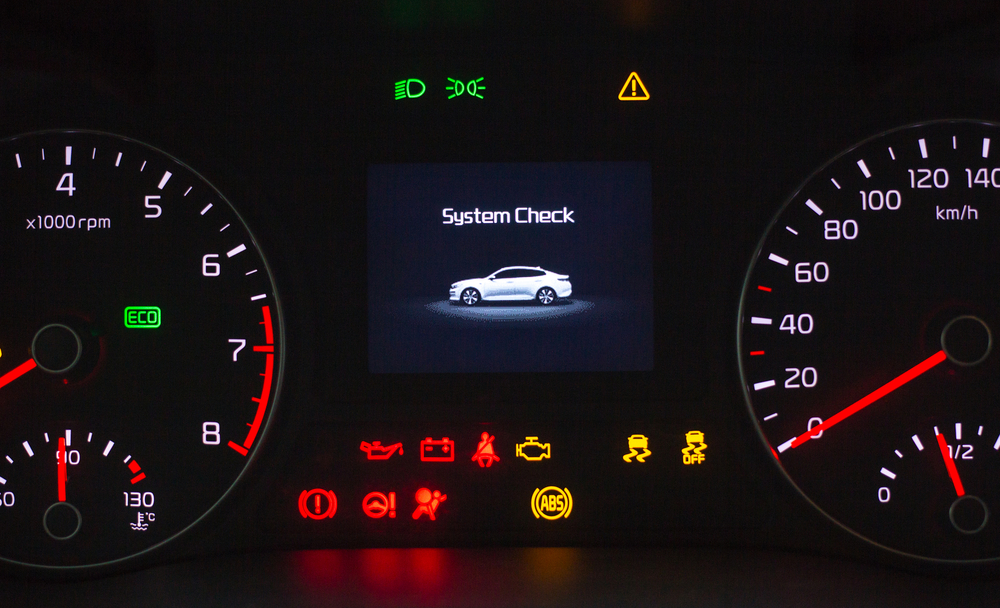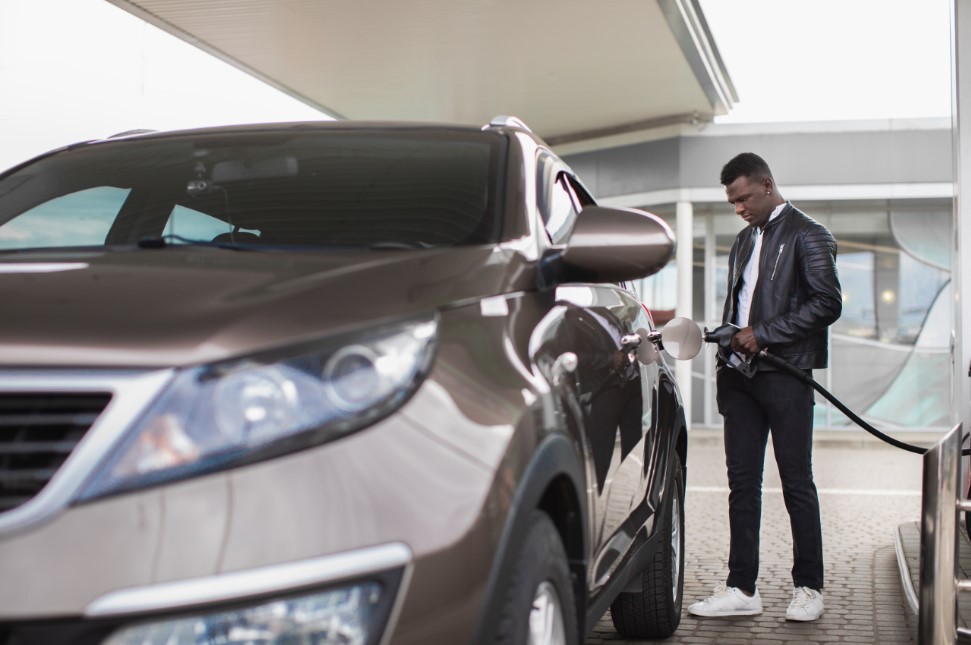
Take Care Of Your Vehicle
I just read an article talking about the large number of Americans who are 3 months behind on their car notes and while not specifically mentioned I suspect the soaring cost of new vehicles is a large contributing factor as well.
Whatever the case, the relative cost of maintaining your current vehicle with Regular and Preventive Maintenance provides a *HUGE* savings over the course of your life.
Typically, the longer you keep your vehicle, the more miles you get out of it, the more money you save. Vehicles do not have a required upgrade lifecycle. We commonly see vehicles with 200k+ miles, have been seeing more with 300k+ miles, and have at least one customer with 500k+ miles on his vehicle.
The common denominator? Each one takes care of their vehicle, they spend the money that is required to maintain them and keep them in good working order. That number spent is easily quantifiable.
The money they have saved through the years in monthly Principle, Interest, Insurance, and Taxes; as required with any new vehicle, is more difficult but I'd start with a multiple of at least 2.
Now people like to get new vehicles. They also like to feel like they actually paying for something new as opposed to something that they feel that they have already paid off. “I’d rather build value” or some similar sentiment. However, the problem with this is that these are truly feelings that do not correlate with the financial reality we face when looking at the costs of vehicle ownership.
(Note: vehicle leasing is an altogether different diatribe, requiring the use of a CPA to actually forecast whether leasing makes financial sense for you. Hint: if you’re not a small business owner or you’re not in an outside sales position it probably does not make sense and even then…speak with your CPA. If you don’t have one, I like Bryon Garrety and Associates. Former IRS agent, Current CPA, easily approachable, easy to talk to business owner, who also happens to be something of a ‘car guy’ and lover of Jazz Fest. He and his merry band of Accounting types will take “fabulous” care of you.)
Machines do not have feelings, but they do required maintenance. And the fact of the matter is that as a recurring purchase, new and used purchase vehicles are a horrible financial investment. For example, the money you have spent or that you have committed to spending on your purchase is less than the value of the vehicle as soon as you put your shiny new key in the ignition.
You will never get back the money you spend on them. The *only* caveat to this rather bold statement is if you unless you drive the vehicle to very near or more likely well past the same amount of time without a car note that you owned it with a car note. So, if you’re financing it for 60 months (5 years), you’ll probably need at least another 5 years (60 months) to really start earning your money back and more likely closer to 10 years or 120 months of ownership beyond the initial loan period. If we split the difference and say a 7.5-year average added to the initial 5 years paying off, you’ll need to keep every vehicle a minimum of 12.5 years to achieve a break even point on the purchase. Change a vehicle more often than that and it is almost assuredly going to cost you with your losses likely compounded over the course of your lifetime.
Don’t believe me – check with Kelly Blue Book, Consumer Reports, Nerd Wallet, and connect the dots. Google search: cost comparison new vehicle vs maintenance
The simple solution? Find a vehicle, buy a vehicle, take care of it, and keep it for as long as you can. And remember the simple formula that for every $1 you spend in preventive and regular maintenance you’re saving $10 or more down the road in a larger repair and probably $20 or more in a new car purchase.
In other words, you can save simply or you can have the costs compound. It really is up to you.

[1].jpg)
Sunwash-Tech-with-Customer.jpg)




